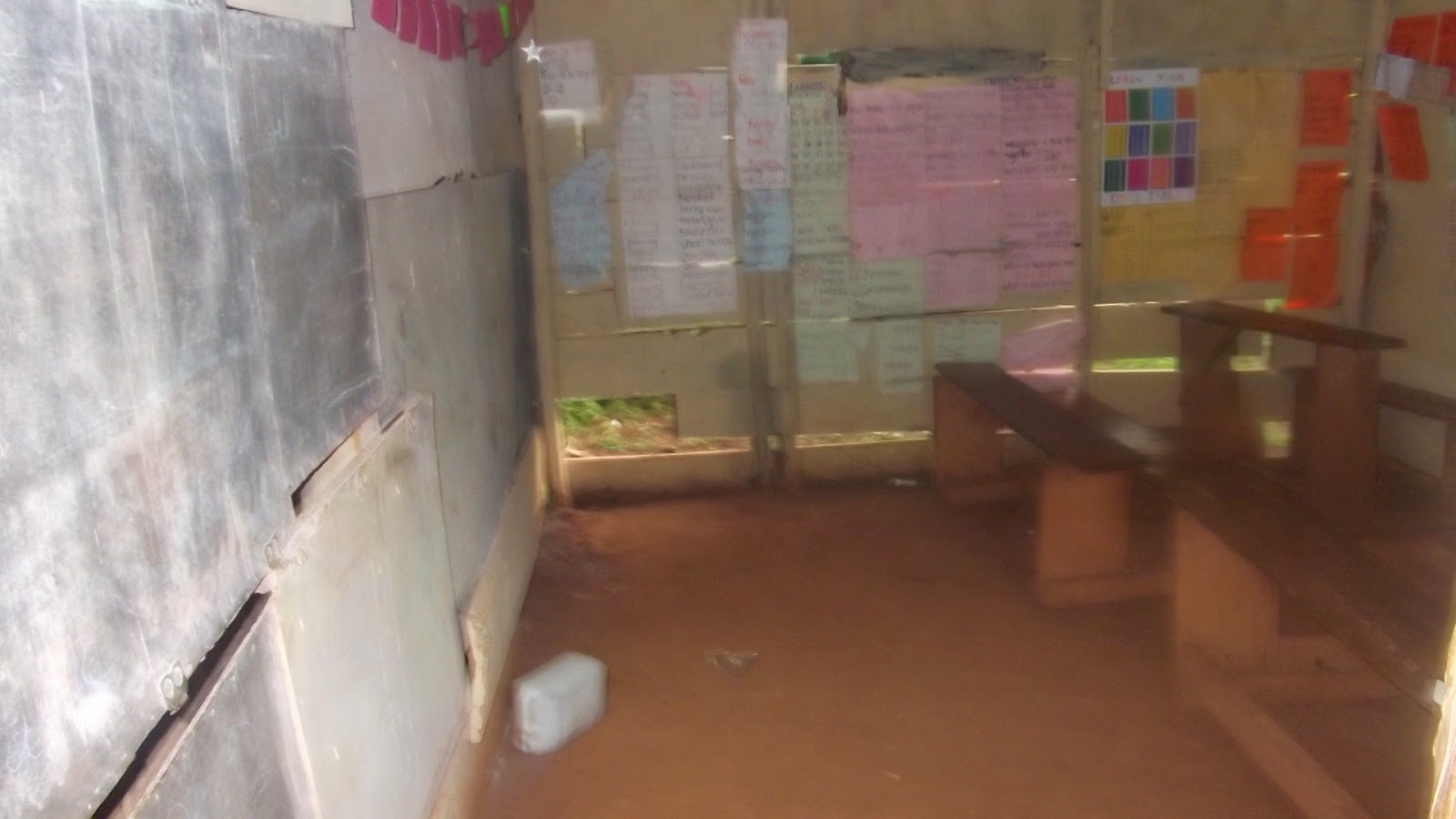‘Rain drops on roses and whiskers on kittens…these are a few
of my favourite things.’ Lyrics from the beautiful ‘Sound of Music’ of course! This
is Maria telling the Von Trap children to sing about their favourite things
when they are sad, and that will cheer them up. And this is, all in all, a
great philosophy. When we’re feeling down, it’s really important to think of things
and do things that cheer us up. Last night I made a ‘den’ in my bedroom. I’m
22. But I curled up in my den drinking tea because, at that moment, I needed to
do something to make myself feel better.
But I think there’s a problem that we all face, and that’s
when we immerse ourselves so much in our ‘favourite things’ that we become
apathetic and ignorant to the harsh reality of the world outside. Take, for
example, a current trend on Facebook. I’ve seen some of my friends post images
of baby animals or flowers to stop the negative saturation of images on social
media. I absolutely see the good intention behind this, but I think it’s
actually really dangerous. Yes, there is a lot of negativity in the world, but
surely social media is a platform in which these sorts of things can be
displayed? I’m not saying have a full blown debate on Facebook, it’s not the
right medium for that, but what I am saying is that it’s not wrong, more so it’s
important, that we post truths of what
are going on in the world on Facebook. How do you think most organisations do
petitions nowadays? And how are we able to point out issues, and raise
awareness if we don’t expose ourselves to the truth? I do appreciate there is a
lot of rubbish out there, and by no means am I saying ‘believe everything you
read on the internet.’ That would be ridiculous. What I am saying is that there
are some great sites with extremely insightful articles and blogs on them. Most
charities have a Facebook page now, and UNICEF, Tearfund, Christian Aid, to
name a few, post important articles which we should not shy away from reading!
Are they nice reading? Not always. Is Ebola nice for the 10,000 people who’ve
been affected? For the mother who is now widowed, and due to country laws has
no rights over any of her husband’s possessions? For the children who have lost
their parents? For the teenage girls being married off because they can’t go
back to school? No it’s not nice! It’s horrific! But the least we can do is be
informed about these issues, which hopefully provokes action of some sort, be
it prayer, financial giving, or even volunteering. If we don’t inform ourselves
wisely, and exploit a medium which millions look at daily, how are we going to
see people rise up to stop these injustices?!
Another example is the response to the Sainsbury’s advert using World War One. Perhaps I am a scrooge and a bore for posting an article expressing the dangers of this ad, but I believe if we don’t share the genuine concerns we have, the truth will not be heard. It’s a dangerous advert which uses a horrifying event to sell chocolate. It doesn’t pay due to the hell of the trenches and it is, I believe, wrong. Some people have disagreed with me, fine, but it’s important that if I feel strongly that this piece is dangerous, I share that! Surely that is more important than a photo of a puppy?!
There’s an old expression, ‘ignorance is bliss.’ Perhaps.
But it’s dangerous. If we choose to be ignorant to the situations going on
around the world, we are as guilty as the perpetrators. If we choose to be deaf
to the cries of the 27 million girls sold into slavery, we are as bad as the
traffickers. Note what I am talking about here is wilful ignorance. Some people
don’t have access to the news and updates, and that’s different. But choosing
to hide behind a picture of a kitten when women are being raped in Iraq and
sold into the sex trade, that’s just wrong. Ignorance is no excuse for a crime committed
in a court. One day we will face the ultimate judge, Jesus. We can’t plead
ignorant when we have the resources to know at our fingertips.
We know this stuff is happening! It’s not like we’ve never
heard, we know about Ebola, about trafficking, about ISIS, about malnutrition,
about malaria, about so many other issues. So if we know, and yet then we
choose ignorance, what does that make us?







